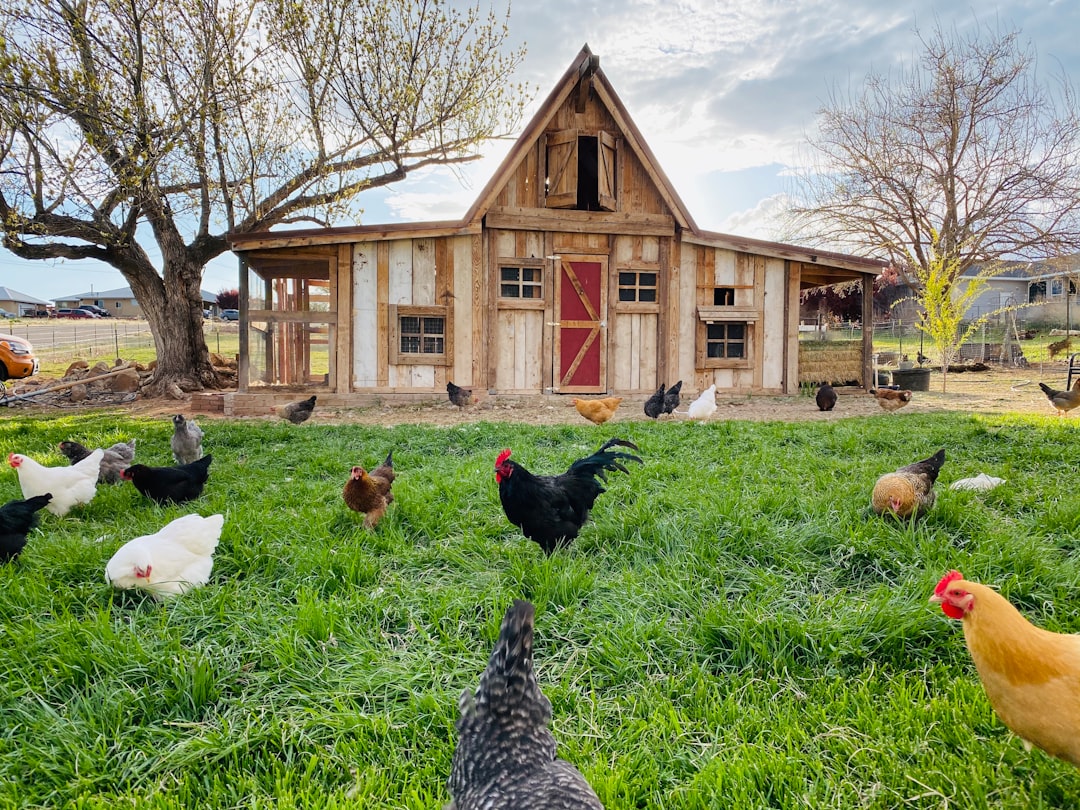Poultry plays a vital role in sustainable food systems, particularly in developing countries where smallholder farming is prevalent. Small-scale poultry production contributes significantly to household food security, income generation, and social stability, making it an essential component of rural livelihoods. Here’s a comprehensive overview of the role of poultry in sustainable food systems and smallholder farming in developing countries.
1. Contribution to Food Security
Poultry is a crucial source of protein in many developing countries, providing essential nutrients like meat and eggs. These products are often more affordable and accessible than other animal proteins, making them a staple in rural diets. Small-scale poultry farming helps diversify household incomes and ensures a consistent supply of nutritious food, enhancing overall food security.
2. Economic Benefits for Smallholders
Smallholder poultry farming offers economic benefits by generating income through the sale of eggs and meat. This income can be used to meet essential household expenses, such as education and healthcare, contributing to poverty alleviation and economic stability. Additionally, poultry farming provides employment opportunities, both directly and indirectly, supporting local economies.
3. Social and Cultural Significance
Beyond economic benefits, poultry farming holds significant social and cultural value in rural communities. It plays a role in building social relationships and is often integral to traditional practices and ceremonies. The social capital generated through poultry keeping helps strengthen community bonds and supports social cohesion.
4. Challenges Faced by Smallholder Farmers
Despite its importance, small-scale poultry farming faces several challenges:
-
Limited Access to Resources: Smallholder farmers often lack access to quality feed, veterinary services, and markets, which hampers productivity and profitability.
-
Disease Management: The lack of effective disease management strategies can lead to significant losses, impacting both food security and income.
-
Regulatory Barriers: Existing policies and regulations may not favor small-scale producers, limiting their ability to scale up production and access formal markets.
5. Sustainable Practices and Solutions
To enhance the sustainability of small-scale poultry farming, several strategies can be implemented:
-
Improved Germplasm: Introducing improved breeds that are more resilient and productive can enhance efficiency and profitability.
-
Local Feed Resources: Utilizing locally available feed resources reduces costs and supports environmental sustainability.
-
Community Engagement: Involving local communities in poultry farming initiatives can improve adoption rates and ensure that solutions are tailored to specific needs.
Conclusion
Poultry plays a pivotal role in sustainable food systems and smallholder farming in developing countries, contributing to food security, economic stability, and social cohesion. Addressing the challenges faced by smallholder farmers through improved technologies, better access to resources, and supportive policies will be crucial for maximizing the potential of poultry farming in these regions. By enhancing productivity and sustainability, small-scale poultry production can continue to support rural livelihoods and contribute to global food security goals.
Citations:
- https://www.frontiersin.org/journals/sustainable-food-systems/articles/10.3389/fsufs.2022.962268/full
- https://www.fao.org/4/ac150e/AC150E03.htm
- https://www.mdpi.com/2076-2615/12/5/644
- https://knowledge4policy.ec.europa.eu/publication/smallholder-poultry-production-livelihoods-food-security-sociocultural-significance_en
- https://sd.appstate.edu/research-outreach/sustainable-poultry-production/poultry-sustainable-food-systems
- https://openknowledge.fao.org/server/api/core/bitstreams/73edfce9-c9a1-4814-b907-d86917967ed3/content
- https://sd.appstate.edu/research-outreach/sustainable-poultry-production
- https://academic.oup.com/af/article/13/1/17/7052108

Comments
No comments yet. Be the first to comment!
You must be logged in to comment. Login